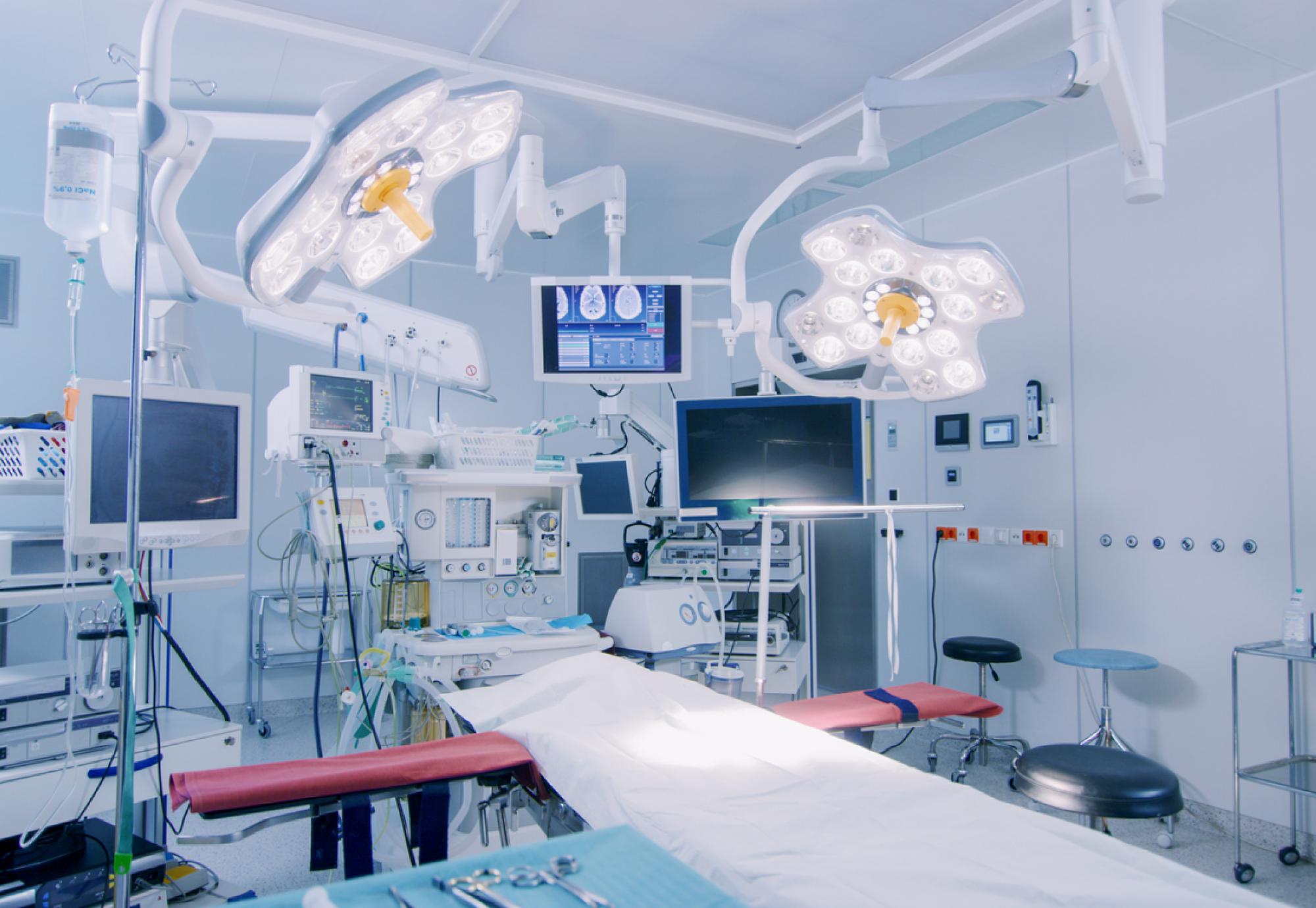Four in 10 NHS hospitals in England are using out of date clinical equipment, new research from the Liberal Democrats has revealed.
The data, which derives from freedom of information requests sent to 69 NHS trusts, found that up to 541 items of medical equipment – including X-ray and radiotherapy machines, and CT and MRI scanners – across the trusts were over a decade old, an article in The Guardian noted.
Of the 69 trusts who received the enquiry, 41 indicated they had at least one X-ray machine which was more than 20 years old, with the oldest being a 37-year-old X-ray machine in Bedfordshire.
Some of the other oldest X-ray machines included a 27-year-old one in Morecambe and a 26-year-old machine in both Cornwall and Hampshire. The findings also showed that 30 of the 69 trusts had either a CT or MRI scanner that was at least 10 years old.
Responding to the findings, Chief Executive of the NHS Confederation, Matthew Taylor, said: “We called for the government’s Spring Budget to address this by increasing either the NHS capital or revenue budgets over and above what was announced in the Autumn Statement last year.
“While there is a £0.3bn uplift in health capital spending for 2023/24, this comes from underspend in 2022/23 and does not represent an overall increase. This means leaders are left with little funding to make any effective further improvements in their hospitals.
“The cost of the maintenance backlog alone is estimated to currently stand at £10.2bn. We urgently call on the government to increase capital spending providing the funding that hospitals and other parts of the health service desperately need, so that staff can continue to look after their patients safely.”
The research also found that the health service paid nearly £20m over the past three years to maintain old machines and scanners, with one trust in Newcastle spending almost £7.5m in three years on maintenance.
NHS Providers’ Deputy Chief Executive, Saffron Cordery, added: "With care backlogs at a record high, it's more important than ever that the NHS has diagnostic equipment such as X-ray machines, CT or MRI scanners that are fit for purpose.
"This is vital so that frontline staff can deliver care in a timely way and trusts aren't forced to use hard-pressed budgets to fix obsolete equipment.
"But years of under-investment in facilities across the NHS has left too many providers with inadequate buildings, failing equipment, such as old CT scanners and unreliable mobile X-ray machines, and an inability to adopt new technologies to improve care.
"Trust leaders were left sorely disappointed by the lack of an announcement on the New Hospitals Programme and the £10.75bn maintenance backlog facing the NHS – including the urgent need to replace dangerous concrete planks – in the Budget.
"The Government needs to sustain and increase the NHS capital budget if we are going to transform the delivery of healthcare and modernise the ageing NHS estate."



















